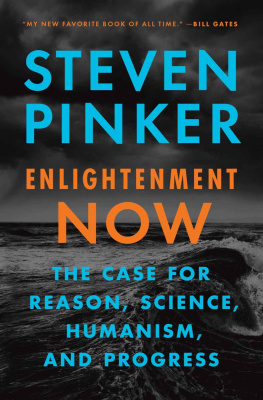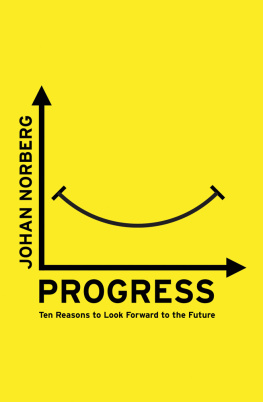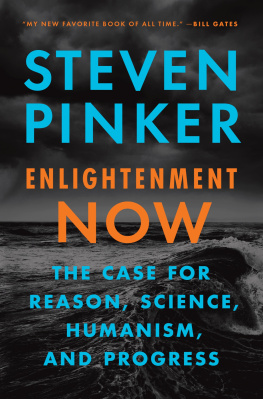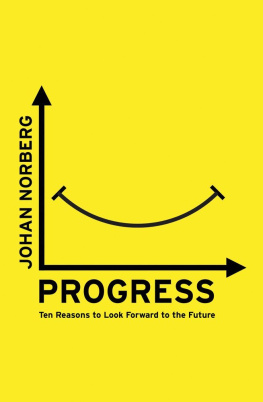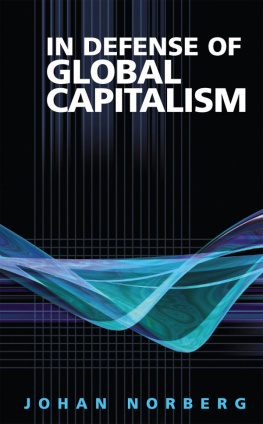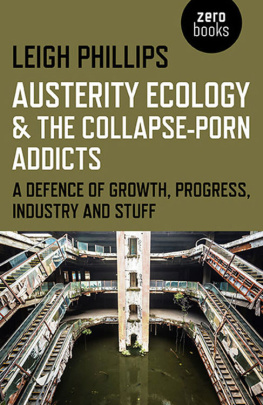
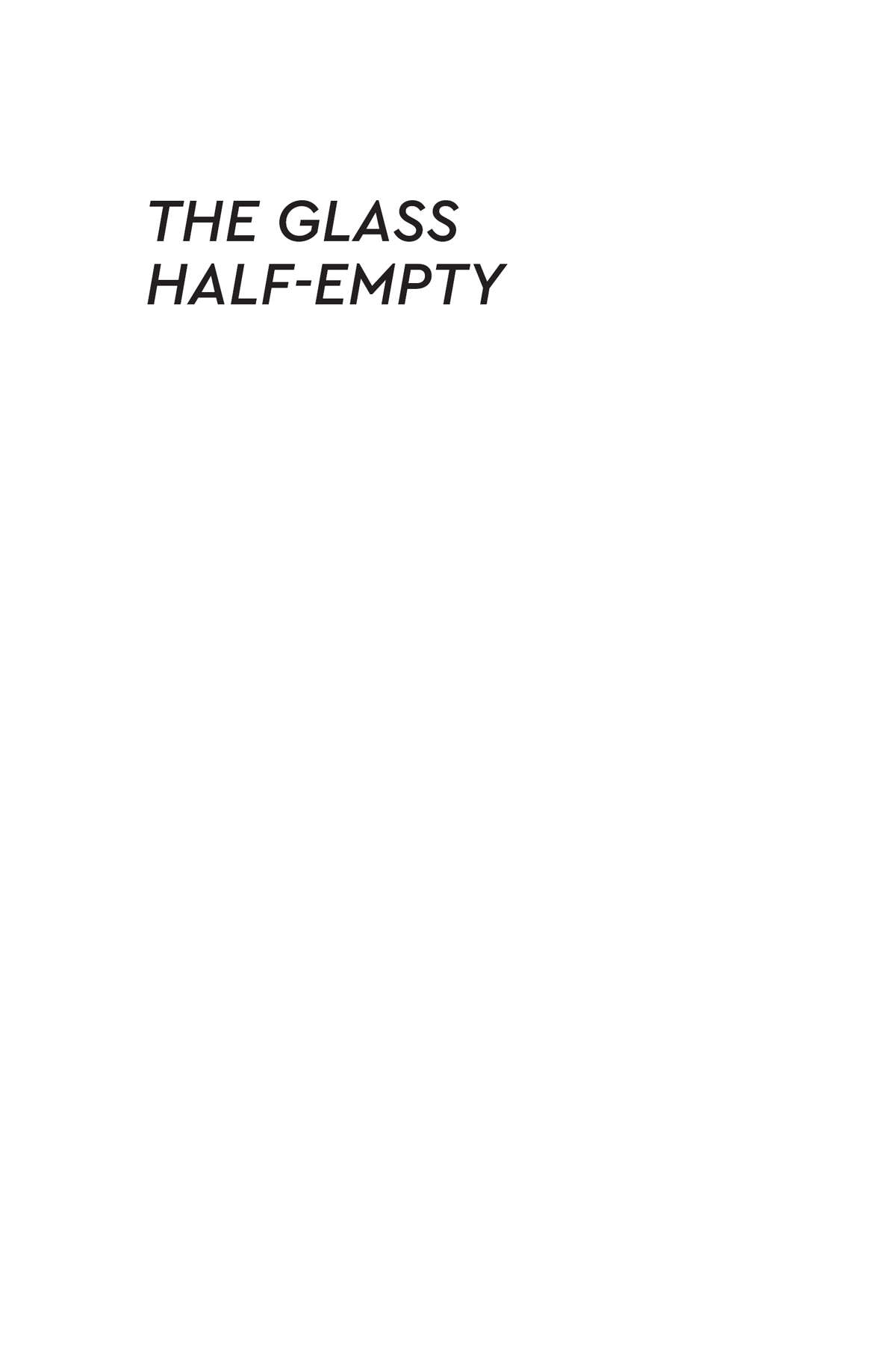

Published by Repeater Books
An imprint of Watkins Media Ltd
Unit 11 Shepperton House
89-93 Shepperton Road
London
N1 3DF
United Kingdom
www.repeaterbooks.com
A Repeater Books paperback original 2020
Distributed in the United States by Random House, Inc., New York.
Copyright Rodrigo Aguilera 2020
Rodrigo Aguilera asserts the moral right to be identified as the author of this work.
Cover design: Johnny Bull
ISBN: 9781912248803
Ebook ISBN: 9781912248810
All rights reserved. No part of this publication may be reproduced, stored in a retrieval system, or transmitted, in any form or by any means, electronic, mechanical, photocopying, recording or otherwise, without the prior permission of the publishers.
This book is sold subject to the condition that it shall not, by way of trade or otherwise, be lent, re-sold, hired out or otherwise circulated without the publishers prior consent in any form of binding or cover other than that in which it is published and without a similar condition including this condition being imposed on the subsequent purchaser.
Printed and bound in the United Kingdom by TJ International Ltd
CONTENTS
To my mother and aunt
We dont throw virgins into volcanoes anymore.
Steven Pinker
INTRO: A NEW SECULAR RELIGION
A Necessary Inquiry
If one could think of the worst possible year to write a book that was critical of human progress, that year would be 1991. This was year zero of the end of history, when the collapse of the Soviet Union removed the last challenge to the dominance of Western liberal democracy and capitalism. This was the year when Winds of Change, the rousing power ballad from the German rock/metal group Scorpions, topped the charts with its anthemic lyrics about how the children of tomorrow would share their dreams with you and me as the wind of change blows straight into the face of time like a stormwind that will ring the freedom bell. But this was also the year in which US historian and social critic Christopher Lasch began his celebrated work The True and Only Heaven with a question that seemed obsolete on delivery:
This inquiry began with a deceptively simple question. How does it happen that serious people continue to believe in progress, in the face of massive evidence that might have been expected to refute the idea of progress once and for all?
Nearly thirty years later, this question has become more relevant than ever, just as Laschs critiques of progress now seem scarily prescient of our own troubles. The afterword of another one of his classic works, The Culture of Narcissism: American Life in an Age of Diminishing Expectations, concludes with a statement that would seem as appropriate entering the third decade of the twenty-first century as when it was first written:
Our growing dependence on technologies no one seems to understand or control has given rise to feelings of powerlessness and victimization. We find it more and more difficult to achieve a sense of continuity, permanence, or connection with the world around us. Relationships with others are notably fragile; goods are made to be used up and discarded; reality is experienced as an unstable environment of flickering images. Everything conspires to encourage escapist solutions to the psychological problems of dependence, separation, and individuation, and to discourage the moral realism that makes it possible for human beings to come to terms with existential constraints on their power and freedom.
If this quote strikes even the faintest chord, then there is a case to be made that the question of progress, and particularly the myth behind it, deserves to be revisited. This is more pertinent given the recent emergence of a group of public intellectuals who would consider Laschs inquiry to be so empirically unfounded as to be nothing short of ludicrous. The world, they claim, is better than ever. Much better. And rather than argue the point on philosophical or historical grounds as Lasch and other critics have done, todays generation of optimists offer a barrage of facts and figures to prove it, along with a standard set of talking points highlighting humanitys ongoing victory over things like poverty, war and violence, disease, and all the other factors that once made human life nasty, brutish, and short.
Although a few of these people were known to me long before the idea for this book materialized, the knowledge that there was a growing ecosystem behind this narrative came after reading a 2017 Guardian long read by author and columnist Oliver Burkeman titled Is the World Really Better than Ever? This piece, which I recommend reading prior to moving on to , gives a full dramatis personae of the characters involved in this ecosystem, and gives them the name that I will use to describe them throughout the rest of this book, the New Optimists:
The loose but growing collection of pundits, academics and thinktank operatives who endorse this stubbornly cheerful, handbasket-free account of our situation have occasionally been labelled the New Optimists, a name intended to evoke the rebellious scepticism of the New Atheists led by Richard Dawkins, Daniel Dennett and Sam Harris. And from their perspective, our prevailing mood of despair is irrational, and frankly a bit self-indulgent. They argue that it says more about us than it does about how things really are illustrating a certain tendency toward collective self-flagellation, and an unwillingness to believe in the power of human ingenuity. And that it is best explained as the result of various psychological biases that served a purpose on the prehistoric savannah but now, in a media-saturated era, constantly mislead us.
By far the most famous of this cohort is the Canadian cognitive psychologist Steven Pinker, whose 2011 bestseller The Better Angels of Our Nature served as a catalyst for these ideas to reach a wider audience. In this eight-hundred-page book, admittedly an impressive piece of scholarship, Pinker gives compelling factual evidence of the decline in human violence, albeit with a less compelling argument of why this has happened. But Pinker was not the first. A few years earlier, science writer Matt Ridleys book The Rational Optimist officiated the marriage between rationality and optimism. I am a rational optimist, Ridley writes, rational, because I have arrived at optimism not through temperament or instinct, but by looking at the evidence. In the face of this overwhelming evidence that the world is better than ever, only the irrational and deluded would dare take the pessimistic position. Virtually every book in this increasingly growing cottage industry has since followed a similar argumentative format:
1) Present statistical facts that demonstrate the material and moral improvement of humanity.
2) Imply that those who deny, or question progress have no rational claim for so doing.
3) Attribute this progress to the causes that fit your beliefs.
Although the New Optimists are far from ideologically homogenous, they broadly fall into two main categories. The first, spearheaded by the likes of Ridley and the Swedish economic historian Johan Norberg, are libertarians who tend to attribute progress to capitalism, particularly in its more laissez-faire manifestations. The second, of which Pinker is the most vocal advocate, sees progress as the result of the spread of Enlightenment values like science and reason which are increasingly threatened not just by right-wing authoritarian populists but also by a morose, hysterical, progressophobic left that denies the reality of human advancement for its own ideological sake.
Next page


